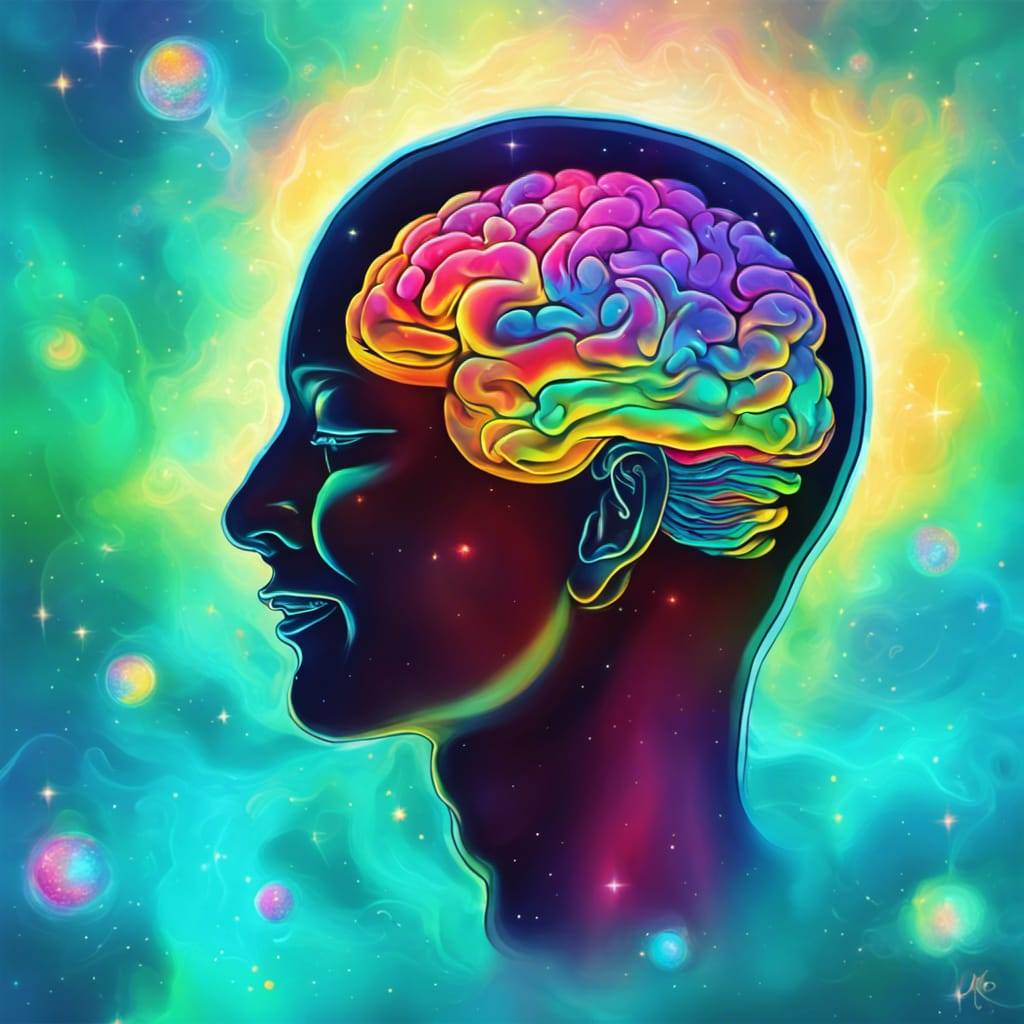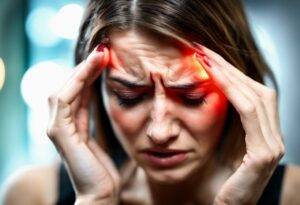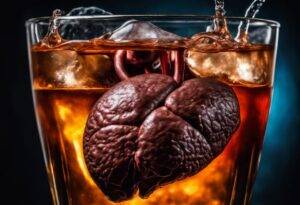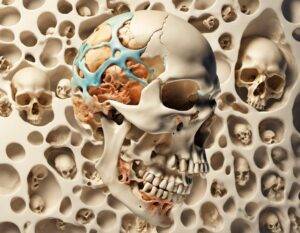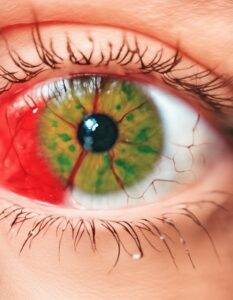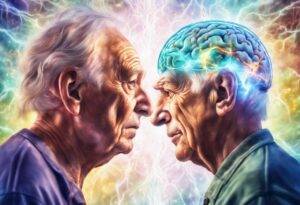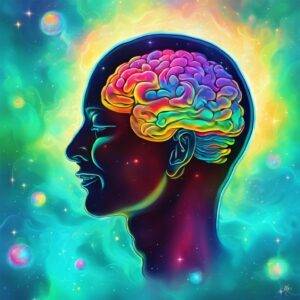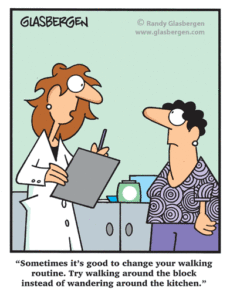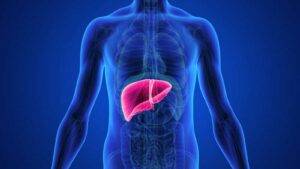Mental health is an essential aspect of overall well-being, yet it is often misunderstood or overlooked. In this post, we’ll address the most commonly asked questions regarding mental health, providing reliable and engaging answers along with credible sources for further reading. Whether you’re seeking information on managing persistent sadness, effective treatment options for anxiety disorders, the role of genetics, or preventative measures, this guide aims to equip you with valuable insights.
From understanding and managing persistent sadness to exploring the impact of genetics and biology, we will explore a wide range of topics. The goal is to provide valuable information and insights that can help readers navigate their own mental health journeys or support those around them. By shedding light on these important subjects, we hope to promote understanding and encourage individuals to prioritize their mental well-being.
Understanding Mental Health: A Comprehensive Guide to 20 Commonly Asked Questions
1. How to manage persistent sadness and understand its impact on mental health?
Persistent sadness can be indicative of depressive disorders, and it’s crucial to address it for the sake of one’s mental well-being. Seeking professional help, such as therapy or counseling, can assist in understanding the underlying causes and implementing coping strategies. Additionally, engaging in self-care activities, maintaining a support system, and practicing healthy lifestyle habits can help manage sadness effectively.
Source: Mayo Clinic – “Depression: Diagnosis & Treatment” (https://www.mayoclinic.org/diseases-conditions/depression/diagnosis-treatment/drc-20356013)
2. What are effective treatment options for anxiety disorders and how do they work?
Effective treatment options for anxiety disorders typically include therapy and medication. Therapy, particularly cognitive-behavioral therapy (CBT), helps individuals understand and manage their thought patterns, behaviors, and triggers. Medications, such as selective serotonin reuptake inhibitors (SSRIs), can also be prescribed when necessary to regulate brain chemistry and alleviate symptoms.
Source: National Institute of Mental Health – “Anxiety Disorders” (https://www.nimh.nih.gov/health/topics/anxiety-disorders/index.shtml)
Just a little heads up: some of the links on this site may be affiliate links, which means if you make a purchase through them, we might get a little kickback. But don’t worry, it won’t cost you a cent extra! Think of it as the universe secretly thanking us for helping you find a great deal. Your support keeps the good vibes flowing.
3. Can hallucinations be a symptom of multiple mental health disorders, and if so, how can they be addressed?
Hallucinations can be experienced in various mental health disorders, including schizophrenia, bipolar disorder, and substance-induced psychotic disorders. Addressing hallucinations typically involves a combination of therapy and medication tailored to the specific condition. Psychoeducation, cognitive therapy, and antipsychotic medications are commonly utilized for managing and reducing hallucination occurrences.
Source: American Psychiatric Association – “What Are Psychotic Disorders?” (https://www.psychiatry.org/patients-families/psychosis/what-are-psychotic-disorders)
4. Are there any genetic factors that contribute to the development of mental health disorders?
Yes, genetic factors play a significant role in the development of mental health disorders. Studies have shown that certain mental illnesses, including depression, schizophrenia, and bipolar disorder, can be influenced by genetic predispositions. However, genetics alone do not determine the occurrence of mental health disorders, as environmental and lifestyle factors also contribute.
Source: National Institute of Mental Health – “Mental Health Information: Genetics and Mental Disorders” (https://www.nimh.nih.gov/health/publications/genetics-and-mental-disorders/index.shtml)
5. How does biology influence the onset and progression of mental health conditions?
Biology, including brain chemistry and structure, can impact the onset and progression of mental health conditions. Imbalances in neurotransmitters, hormonal disruptions, and changes in brain function have been linked to various mental disorders. Understanding these biological aspects helps customize treatment approaches, including medication that targets specific imbalances.
Source: Harvard Medical School – “What Causes Mental Illness?” (https://www.health.harvard.edu/mind-and-mood/what-causes-mental-illness)
6. What environmental factors can trigger or worsen mental health disorders?
Several environmental factors can trigger or exacerbate mental health disorders. These include exposure to chronic stress, trauma, abuse, neglect, social isolation, problematic family or work environments, substance abuse, and socioeconomic challenges. Identifying and addressing these triggers within therapy, along with implementing stress-management techniques, can be beneficial.
Source: World Health Organization – “Mental Disorders: Risk Factors” (https://www.who.int/mental_health/management/risk_factors/en/)
7. How does stress affect mental health, and what are some coping mechanisms to reduce its impact?
Stress significantly affects mental health, contributing to the development or worsening of mental disorders. Prolonged stress can disrupt brain function, affect mood regulation, and weaken the body’s stress response systems. Coping mechanisms to reduce its impact include engaging in relaxation techniques (such as deep breathing or mindfulness), physical exercise, seeking support from loved ones, and utilizing stress-management strategies.
Source: American Psychological Association – “Stress Effects on the Body” (https://www.apa.org/topics/stress-body)
8. Can childhood trauma increase the risk of developing mental health disorders in later life?
Yes, childhood trauma is associated with an increased risk of developing mental health disorders in adulthood. Traumatic experiences, such as abuse, neglect, or witnessing violence, can negatively impact one’s psychological development. Seeking therapy or counseling, engaging in trauma-focused treatments, and building supportive relationships are essential for addressing and mitigating the long-term effects of childhood trauma.
Source: Substance Abuse and Mental Health Services Administration – “Adverse Childhood Experiences” (https://www.samhsa.gov/capt/practicing-effective-prevention/prevention-behavioral-health/adverse-childhood-experiences)
9. What role does psychology play in the development and treatment of mental health disorders?
Psychology plays a vital role in the development and treatment of mental health disorders. Psychological factors, such as cognition, emotion, behavior, and interpersonal relationships, influence the development and manifestation of mental disorders. Psychotherapy, including various modalities like cognitive-behavioral therapy (CBT), psychodynamic therapy, or family therapy, aims to address these factors and promote mental well-being.
Source: American Psychological Association – “Understanding Psychotherapy and How It Works” (https://www.apa.org/topics/psychotherapy)
10. Can mental health disorders be prevented, and what proactive steps can individuals take?
While it may not be possible to prevent all mental health disorders, individuals can take proactive steps to minimize risks. These include practicing stress management, maintaining a balanced lifestyle, seeking early intervention for mental health concerns, nurturing healthy relationships, engaging in regular physical exercise, and developing coping strategies for challenging situations.
Source: National Alliance on Mental Illness – “Preventing Mental Health Conditions” (https://www.nami.org/About-Mental-Illness/Preventing-Mental-Health-Conditions)
11. What are the differences between clinical depression and occasional sadness, and when should one seek help?
Clinical depression is a more severe and persistent mood disorder compared to occasional sadness. While occasional sadness is a normal part of life and can be triggered by specific events, clinical depression is characterized by prolonged feelings of sadness, hopelessness, and loss of interest in activities. One should seek help if these symptoms persist for more than two weeks, impacting daily functioning, relationships, and overall quality of life. Treatment options may include therapy, medications, or a combination of both.
Source: National Institute of Mental Health (NIMH) – https://www.nimh.nih.gov/health/topics/depression/index.shtml
12. Can lifestyle changes, such as exercise and diet, have a positive impact on mental health?
Yes, lifestyle changes such as regular exercise and a balanced diet can have a positive impact on mental health. Exercise can reduce symptoms of depression and anxiety, improve mood, increase self-esteem, and enhance brain function. Proper nutrition, including the consumption of foods rich in omega-3 fatty acids, vitamins, and minerals, can also support mental well-being. Adopting healthy lifestyle habits can be beneficial for both preventing and managing mental health conditions.
Source: Harvard Health Publishing – https://www.health.harvard.edu/blog/regular-exercise-changes-brain-improve-memory-thinking-skills-201404097110
13. How do substance abuse and addiction interact with mental health disorders, and what dual diagnosis treatments are available?
Substance abuse and addiction can strongly interact with mental health disorders. Many individuals with mental health conditions turn to substances as a way to self-medicate or cope with their symptoms, which can ultimately worsen the mental health condition and lead to addiction. Dual-diagnosis treatments aim to address both mental health disorders and substance abuse simultaneously through integrated approaches such as therapy, medication-assisted treatment, and support groups.
Source: Substance Abuse and Mental Health Services Administration (SAMHSA) – https://www.samhsa.gov/co-occurring
14. What are the warning signs and risk factors for suicide, and how can it be prevented?
Warning signs of suicide may include talking about wanting to die, expressing feelings of hopelessness, withdrawing from social activities, giving away prized possessions, and experiencing sudden improvement in mood after a period of severe depression. Risk factors for suicide can include a history of previous attempts, mental health disorders, substance abuse, access to lethal means, and a lack of social support. Suicide can be prevented through early intervention, destigmatizing mental health, providing access to mental health services, and ensuring a supportive network.
Source: American Foundation for Suicide Prevention (AFSP) – https://afsp.org/risk-factors-and-warning-signs
15. Is there a connection between sleep disorders and mental health, and what strategies can improve sleep quality?
There is a strong connection between sleep disorders and mental health. Conditions such as insomnia, sleep apnea, and sleep deprivation can have a significant impact on mental well-being. Lack of quality sleep can contribute to the development or exacerbation of mental health disorders, including depression and anxiety. Strategies to improve sleep quality include creating a consistent sleep schedule, creating a relaxing bedtime routine, reducing exposure to electronic devices before bed, and maintaining a comfortable sleep environment.
Source: National Sleep Foundation (NSF) – https://www.sleepfoundation.org/articles/healthy-sleep-tips
16. What are the different types of therapy for mental health disorders, and how can they benefit individuals?
Different types of therapy can be beneficial for individuals with mental health disorders. Cognitive-behavioral therapy (CBT) helps individuals identify and change negative patterns of thinking and behavior. Dialectical behavior therapy (DBT) focuses on providing skills to manage intense emotions and improve interpersonal relationships. Interpersonal therapy (IPT) concentrates on addressing relationship issues. Psychoanalytic therapy explores unconscious thoughts and patterns. Other therapies include group therapy, family therapy, and art therapy, each with their own unique benefits for individuals seeking support.
Source: American Psychological Association (APA) – https://www.apa.org/topics/psychotherapy/approaches
17. How can family and friends support someone with a mental health disorder, and what resources are available for them?
Family and friends can play a crucial role in supporting someone with a mental health disorder. Active listening, showing empathy, and providing a non-judgmental space for open communication can be valuable. Educating oneself about the condition can help understand the challenges the individual may face. Encouraging them to seek professional help and accompanying them to appointments can also be supportive. Various resources are available, such as support groups, helplines, and online communities, where loved ones can find additional guidance and support.
Source: Mental Health America (MHA) – https://www.mhanational.org/may
18. Do certain medications have potential side effects or interactions with mental health medications?
Yes, certain medications can have potential side effects or interactions with mental health medications. It is important to inform healthcare providers about all medications being taken, including over-the-counter drugs, herbal supplements, and illicit substances. Drug interactions can lead to reduced effectiveness or increased side effects. Pharmacists and healthcare providers can help identify potential interactions and provide guidance on managing them effectively to ensure the safety and efficacy of mental health medications.
Source: U.S. Food and Drug Administration (FDA) – https://www.fda.gov/consumers/consumer-updates/taking-multiple-medications-talk-doctor
19. What is the impact of social media and technology on mental health, and how can individuals find a healthy balance?
Social media and technology can have both positive and negative impacts on mental health. Excessive use of social media platforms may contribute to feelings of inadequacy, depression, anxiety, and isolation. However, these platforms can also provide a sense of community, support, and opportunities for self-expression. Finding a healthy balance involves setting boundaries, limiting screen time, engaging in offline activities, and being mindful of the content consumed. Regular digital detoxes and prioritizing real-life connections are essential for maintaining mental well-being.
Source: Anxiety and Depression Association of America (ADAA) – https://adaa.org/learn-from-us/from-the-experts/blog-posts/consumer/social-medias-impact-mental-health
20. Can mental health disorders affect academic or work performance, and what accommodations or support are available?
Mental health disorders can indeed affect academic or work performance. Conditions like anxiety, depression, or attention-deficit/hyperactivity disorder (ADHD) can impact concentration, memory, motivation, and overall productivity. Accommodations and support are available in academic settings through disability services, such as extended time for exams, note-taking assistance, and counseling support. In workplaces, organizations may provide resources like flexible schedules, reasonable accommodations, and employee assistance programs to support individuals with mental health conditions.
Source: American Psychiatric Association (APA) – https://www.psychiatry.org/patients-families/workplace-mental-health
While I do cite reputable sources, I am not a medical professional. Please use professional medical advice when making any health-related decisions.

Just a little heads up: some of the links on this site may be affiliate links, which means if you make a purchase through them, we might get a little kickback. But don’t worry, it won’t cost you a cent extra! Think of it as the universe secretly thanking us for helping you find a great deal. Your support keeps the good vibes flowing.
